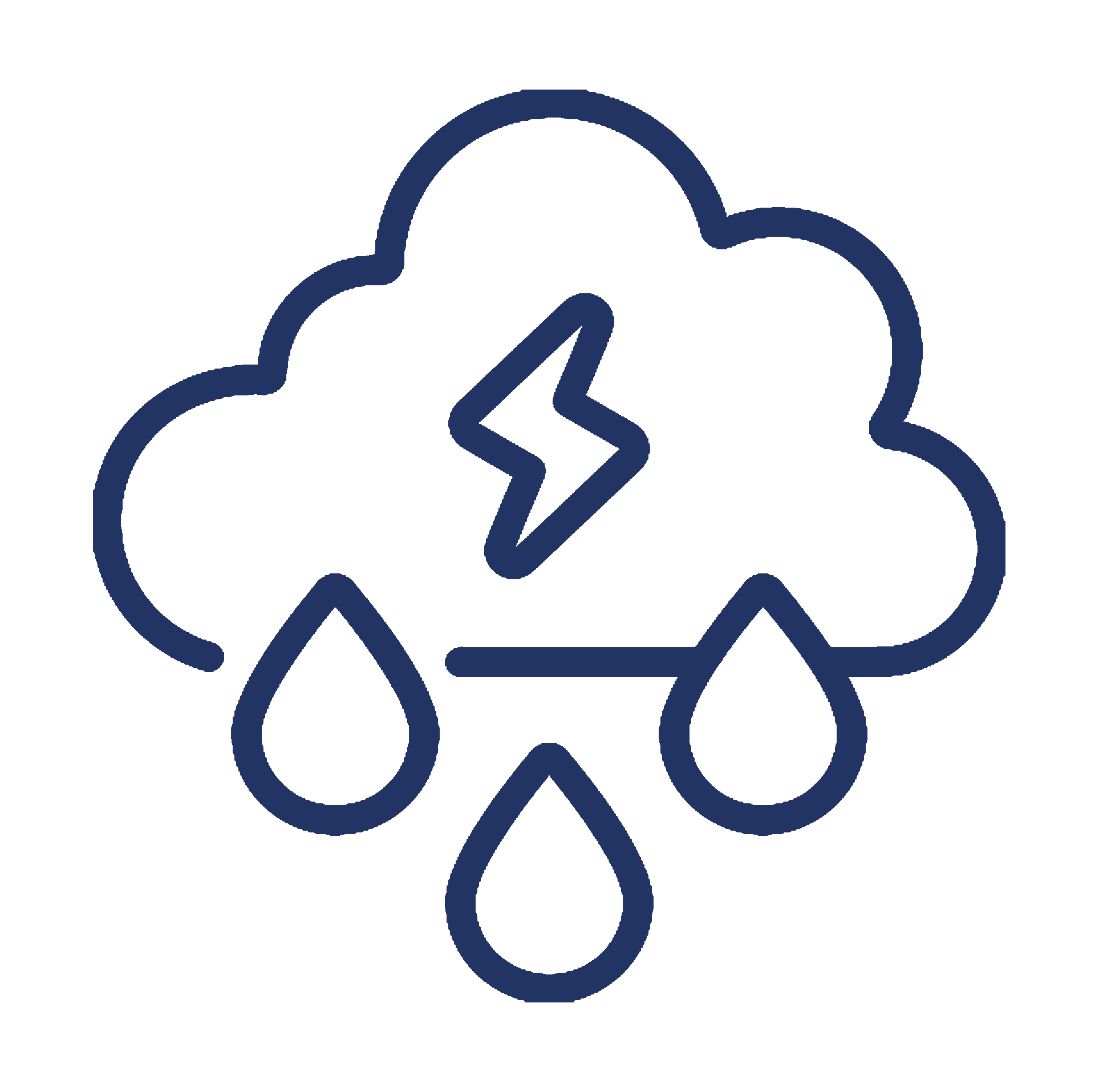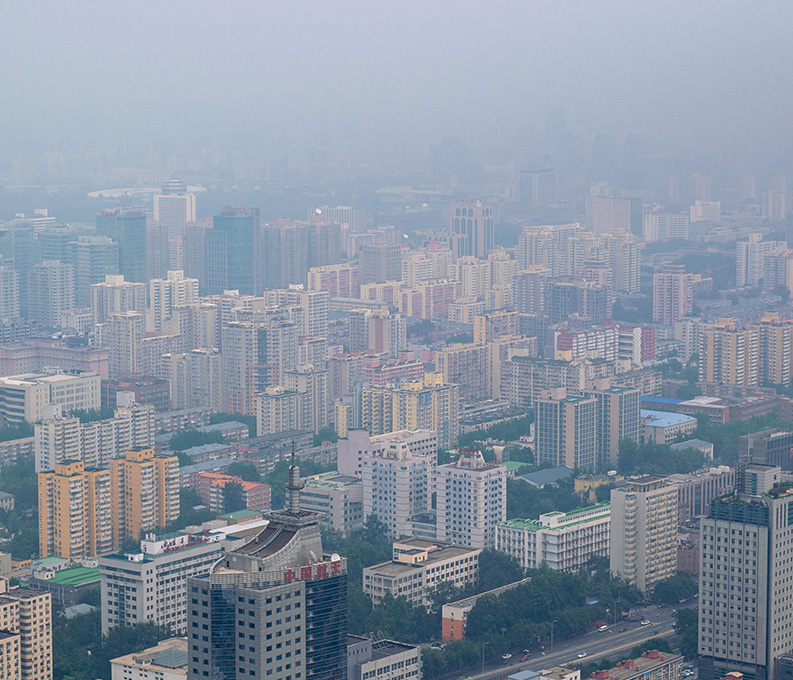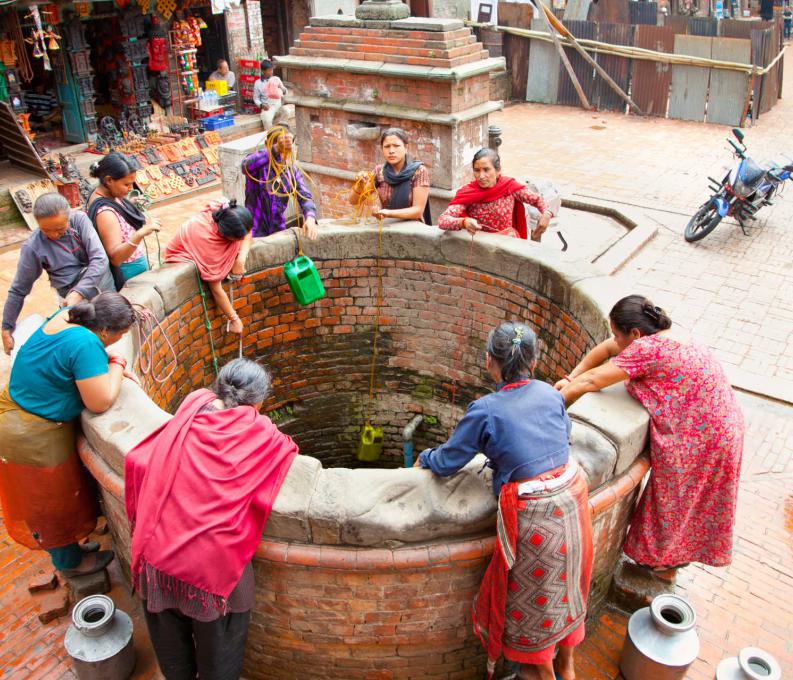Access to essential services is an absolute priority for the economic and social success of developing countries and conditions access to health, education and women's economic autonomy.
The establishment of solidarity mechanisms guarantees poor people connected to the network affordable access to water, sanitation and electricity services.
High population migration to cities and increasing pressure on water and energy demand require a legal framework and urban planning policies to ensure decent living conditions.






